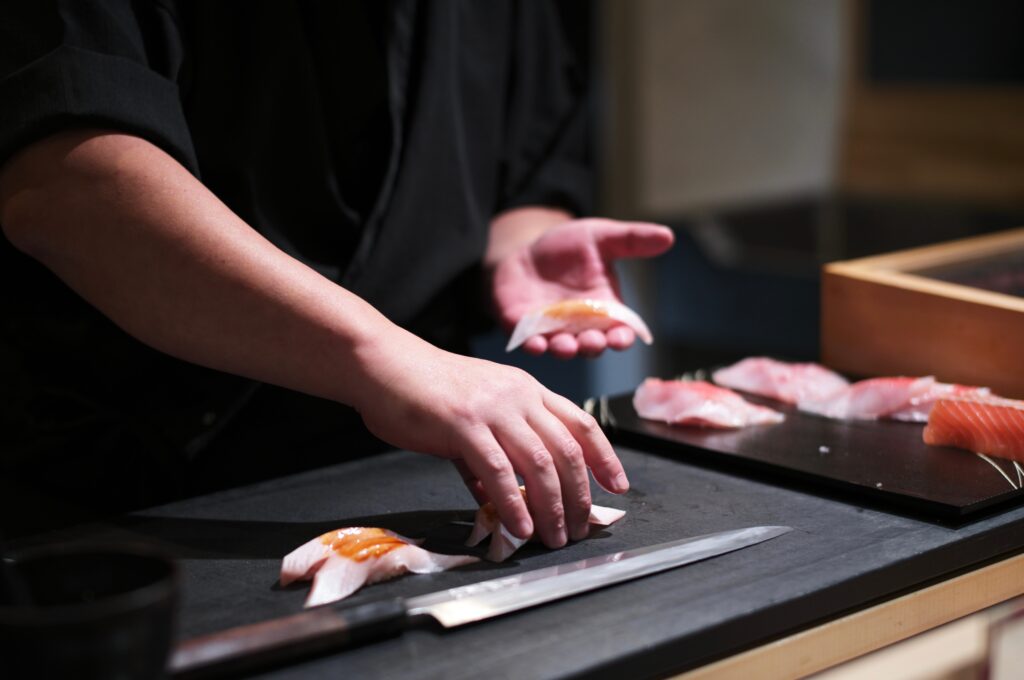Three Kinds of Pride: Hokori, Jiman, and Puraido

Japan is known around the world for many things: sushi, karaoke, origami, and more. It is a small country, but it has made a big impact globally. Until recently, Japan was the world’s second-largest economy, after the United States. In many ways, Japan has a lot to be proud of. But what kind of “pride” are we talking about?
In English, the word pride has two faces: one is positive (confidence, self-respect) and the other, negative (arrogance, exaggerated self-esteem). In Japanese, three kinds of pride are usually identified. These include 誇り (hokori), 自慢 (jiman), and プライド (puraido). Each one has a different feeling or meaning.
Hokori (誇り): Pride in Work and Values
Hokori is the most positive kind of pride in Japanese. It is a quiet, deep feeling. It comes from doing something well or staying true to your values. For example, a person might feel hokori in their job, their family, or their culture. It is connected to honor, dignity, and responsibility.
One example is a Japanese company that makes surgical tools. Many big companies have asked them to expand or make more products. But the company always says no. They are not interested in money or being famous. They feel proud (hokori) of their small, careful work. They want to keep their quality high, help others, and protect their tradition.
Jiman (自慢): Bragging or Showing Off
Jiman is closer to the Western notion of “bragging,” which signals superiority. It is also similar to “showing off,” where one actively displays one’s achievements, possessions, or skills to get attention. Sometimes, jiman is used in a fun or friendly way, especially among close friends. For example, someone might say, “I made the best ramen last night!” But in general, Japanese people think too much jiman is not polite. It can seem arrogant or immature.
Puraido (プライド): A Borrowed Word with a Negative Feel
Puraido comes from the English word “pride,” but it usually has a more negative meaning in Japanese. It often means a person is “too proud,” for example, too proud to say sorry or admit a mistake. This kind of pride can create distance between people.
Pride and Humility in Japanese Culture
Japanese society values humility (謙虚 / kenkyo), group harmony (和 / wa), and not standing out too much. People are often careful not to talk too much about their successes. Instead, they show their pride through their actions.
You can see hokori in many parts of Japanese life: beautiful food presentation, clean streets, perfect service, or the way fans clean the stadium after a sports game. These are quiet ways of showing pride, without words.
Challenges in a Global World
In today’s global world, this quiet style can sometimes cause problems. In many Western countries, like the U.S., people are expected to “talk about their achievements.” This helps with getting promotions or new jobs. But this kind of self-promotion (jiman) can feel uncomfortable for many Japanese people.
At the same time, Westerners who come to Japan might need to learn a different style. Instead of talking about themselves, they may need to let their work speak for them. This means showing hokori through quality and effort.
Understanding and Adapting
When people from different cultures meet, it’s important not to judge. Instead, we can try to understand each other’s values. Adapting does not mean losing your identity. It means finding a new way to express yourself that fits the culture around you.
In the end, real pride, hokori, is something that comes from doing your best, with heart and care.
Written by Everett Ofori
